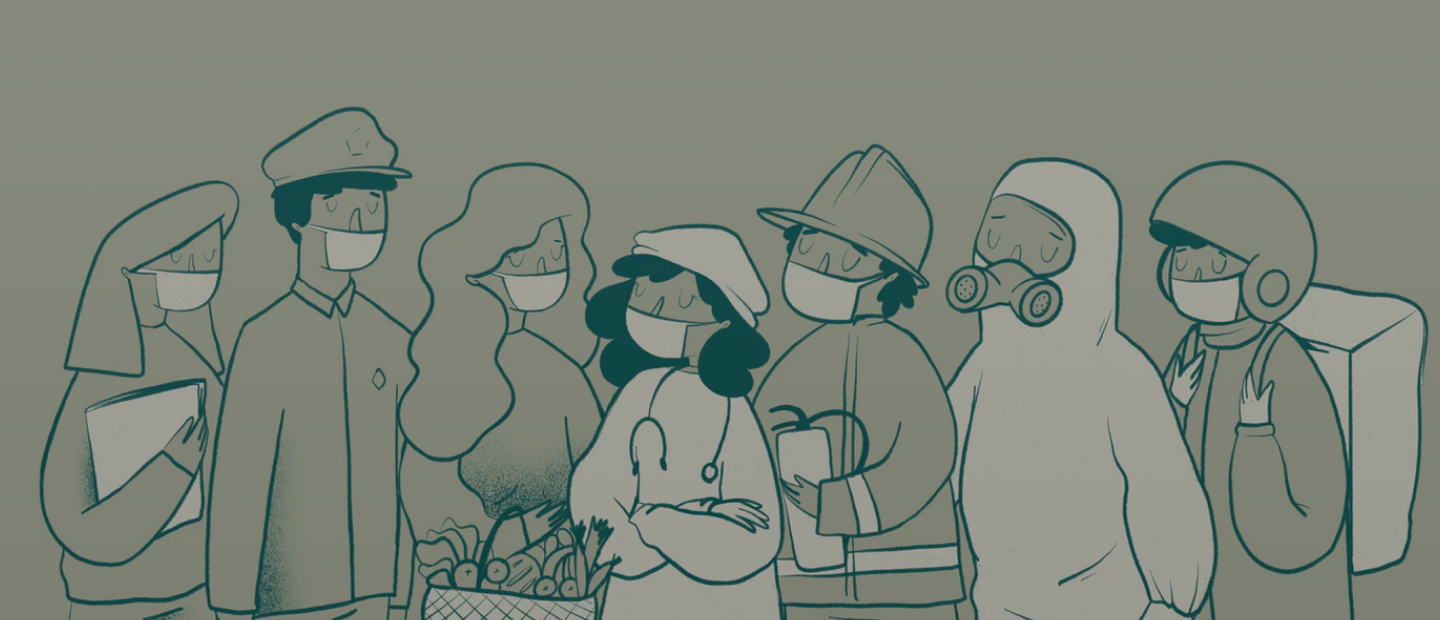
04-01-2018 - 04-01-2018
Technology Solutions for Visually Impaired Students
Technology Solutions for Visually Impaired Students
RCPC has been working with visually impaired persons since 2004. Our close involvement enabled us to identify ‘Independent Mobility ’and ‘Computer Access’ as two of the major needs of visually impaired persons. "Technology is a great leveler" and we decided to leverage technology based solutions to address the needs. The solutions are: A) Smart Cane for Independent Mobility, and B) NVDA equipped Laptops for Computer Access A) Smart Cane for Independent Mobility IIT Delhi has developed an electronic sensor based Smart Cane device which uses ultrasonic ranging to detect objects in its path up to 3 mtrs and generate output in the form of different vibratory patterns which convey distance information, thus enabling the user to negotiate/navigate obstacles from a safe distance. The device fits on the top fold of a standard white cane which serves as an enhancement to the white cane and overcomes its limitations by detecting knee-above and hanging obstacles which need to be detected early. It also provides spatial awareness as it can detect presence or absence of objects in the immediate surrounding. The use of Smart Cane enables independent mobility, enhances safety and provides confidence and dignity. RCPC provided the platform to further promote the device amongst actual users by identifying beneficiaries and providing training with the help of instructors from IIT Delhi and Saksham. Total 50 Smart canes were donated to visually challenged students from Educational institute for the Blinds. B) NVDA Equipped Laptops for Computer Access A person with blindness can perform at par with any sighted person, provided he has access to appropriate technology. Over the decades, computers have played the role of one such enabling technology. A standard computer with a screen reading software can enable a blind person to perform a variety of tasks at schools, colleges and office by using the audio output. Despite availability of such enabling solutions, many youngsters lack access to computers due to affordability issues. Therefore, RCPC stepped in with funds so that laptops with contemporary specifications could be provided at 50% subsidized cost to deserving candidates. Co-sharing of cost ensures that the beneficiary has a financial stake and hence a commitment to make the best use of the opportunity provided. Total 75 NVDA enabled laptops were donated to visually challenged students from Educational institute for the Blinds. The project was led and managed by a team of 2 senior Rotarians of RCPC with support and involvement of about 20 other members and R’Anns including members of Inner Wheel Club.
| Start Date | 04-01-2018 |
| End Date | 04-01-2018 |
| Project Cost | 1750000 |
| Rotary Volunteer Hours | 300 |
| No of direct Beneficiaries | 125 |
| Partner Clubs | |
| Non Rotary Partners | |
| Project Category | Basic education and literacy |